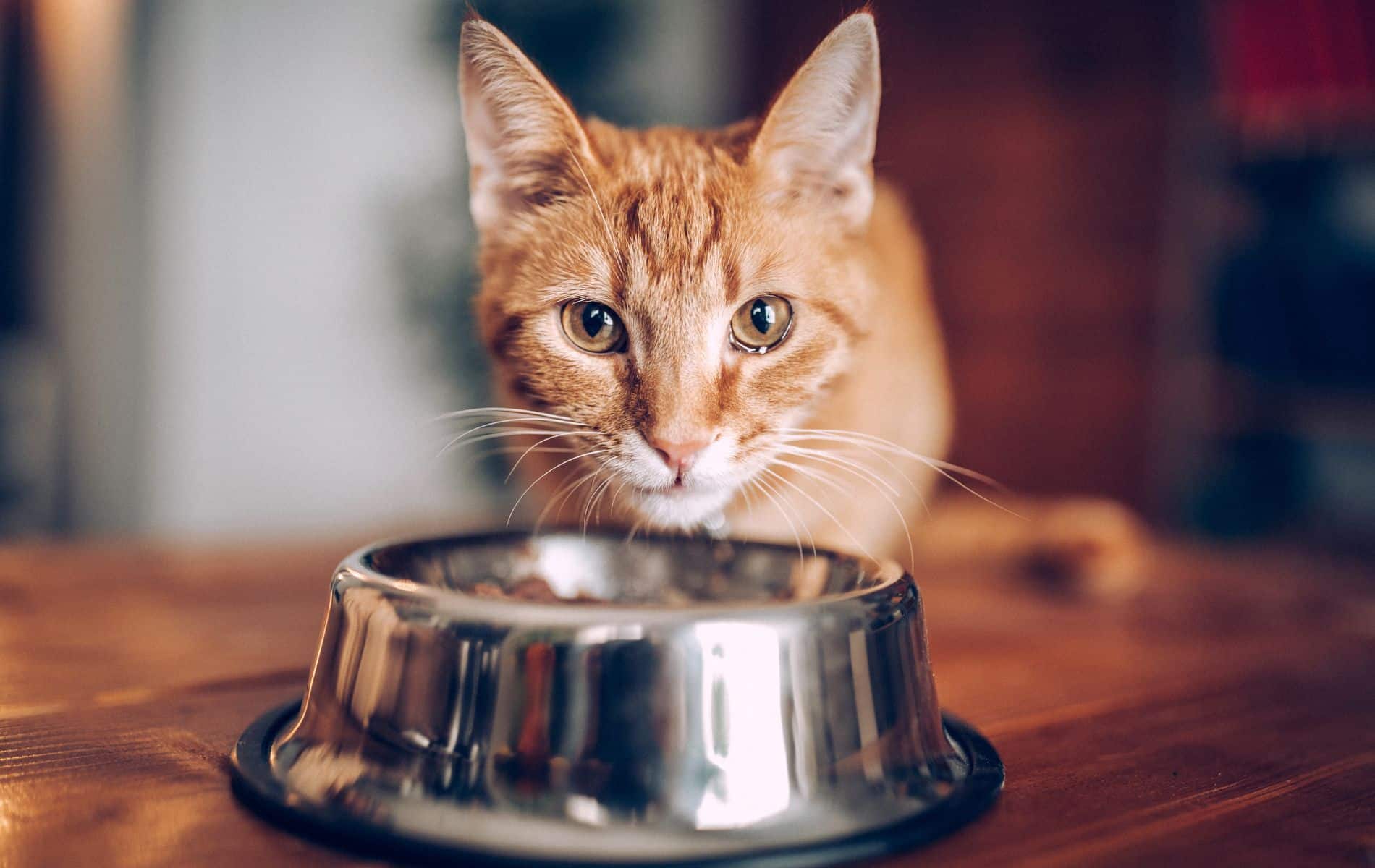In general, feeding cats a strict vegetarian or vegan diet is highly discouraged. But researchers say this may not be so bad after all. It can – at least in some cases – lead to reduced vet visits and medication use.
Cats are omnivores by nature, meaning their diet consists primarily of meat. In the wild, cats hunt and eat prey, such as mice, birds, and other small animals. Their body and digestive system are adapted to process animal proteins and fats. That’s why veterinarians often advise against putting cats on a strict vegetarian or vegan diet. However, cat owners concerned about the environment and sustainability are increasingly looking for plant-based alternatives. And New study It suggests that a “vegetarian diet for cats” may be less harmful than thought.
Stady
Many cat foods contain cooked meat as the main source of protein. But more and more alternative protein sources are coming to the market, such as plants or fungi. To gain more clarity about the health effects of this plant-based diet for cats, researchers interviewed 1,369 cat owners. These owners were asked to provide information about a specific cat in their household that had been fed a vegetarian or meat-based diet for at least one year. The survey included questions about the cat’s health, followed by questions about what type of diet the cat was on. About 9% of participants reported that they fed their cats a vegetarian diet, while the remaining participants fed their cats meat.
more healthy
The researchers then studied seven clues pointing to the disease. The survey shows that cats fed plant-based food tend to have fewer health problems compared to cats fed meat – although it is important to note that the differences are not statistically significant. For example, vegan cats have had to go to the vet less often, use fewer medications, suffer from less serious illnesses, and, according to their owners, appear healthier. The team also looked at how often 22 specific health conditions occurred. Among the cats that ate a meat diet, 42% had at least one health problem. This percentage was lower among cats on a vegetarian diet, at about 37 percent. “Cats who eat a vegetarian diet appear to be healthier overall than cats who eat meat,” said researcher Andrew Knight.
Vegetarian diet
The study addresses a controversial topic. Because as we mentioned, it is traditionally believed that cats need meat because of their unique digestive system. Previous research has supported this idea and highlighted serious health problems in cats fed only plant-based diets. This is because it is difficult for cats to get all the essential nutrients they need from plant sources. But a new study now challenges this existing theory. “No evidence of ill health was found in cats on a vegetarian diet, and in fact some potential benefits have been suggested,” scientist Alex Whitaker, who was not affiliated with the study, said in a commentary. “It is worth noting that these positive trends were not always statistically significant, so larger studies may be needed to obtain definitive results.”
Side notes
However, Whittaker also makes important comments on the research. “The study relied on self-reported surveys, which can be subject to bias,” he says. “It is possible that owners of vegetarian cats view a vegetarian diet as more positive for their pets. Furthermore, the exact length of time that cats have been placed on these diets remains unclear. It is known that it takes several months before a deficiency becomes apparent.” Clearly.” Scientist Julia Henning, affiliated with the University of Adelaide, is not entirely convinced. “It is possible that some of the ‘vegetarian’ cats included in this study supplement their diet outside the home,” she said. “I would caution that just as Based your diet on a poll of other people, it is best not to base your cat’s diet on the results of this poll. As always, it is recommended that you consult your veterinarian if you have any concerns about your cat’s diet.
Study reignites debate over vegan diet for cats. This is not wrong at all. Because Henning also sees the trend toward more plants. “As our environment and food supply change, it is important to explore alternative options for ourselves and our animals,” she says. “However, at this time we have little information about how safe alternative diets are for cats, which struggle to meet their nutritional needs without a significant amount of meat in their diet. This makes it difficult to evaluate whether other diets are as nutritious and safe as they are.” Enough. Although some research suggests that the alternative diet may be beneficial, more research is needed to accurately evaluate its safety. Without the correct addition of nutrients, such as taurine, cats can develop serious health problems, such as Liver and heart.It is therefore essential to ensure that any replacement diet is carefully and balanced to meet the specific needs of cats.

“Lifelong zombie fanatic. Hardcore web practitioner. Thinker. Music expert. Unapologetic pop culture scholar.”








